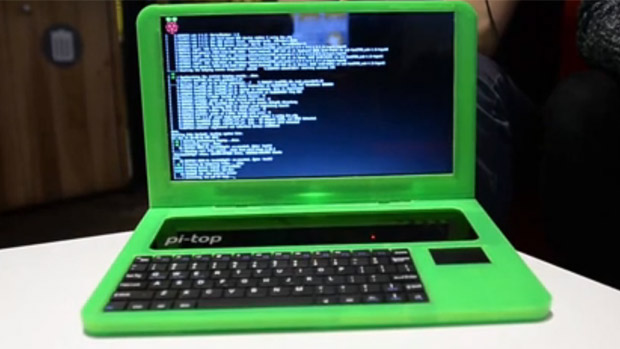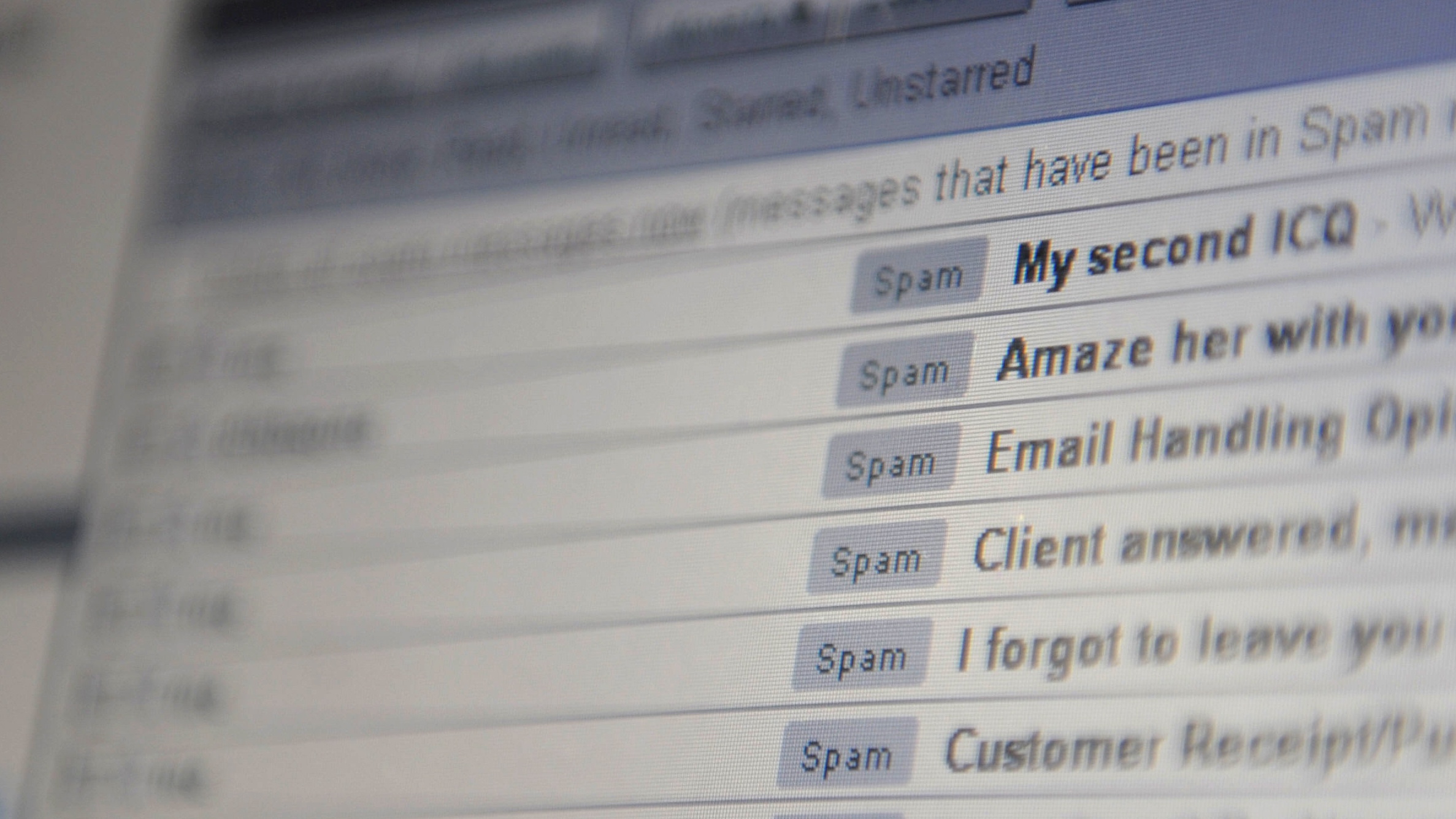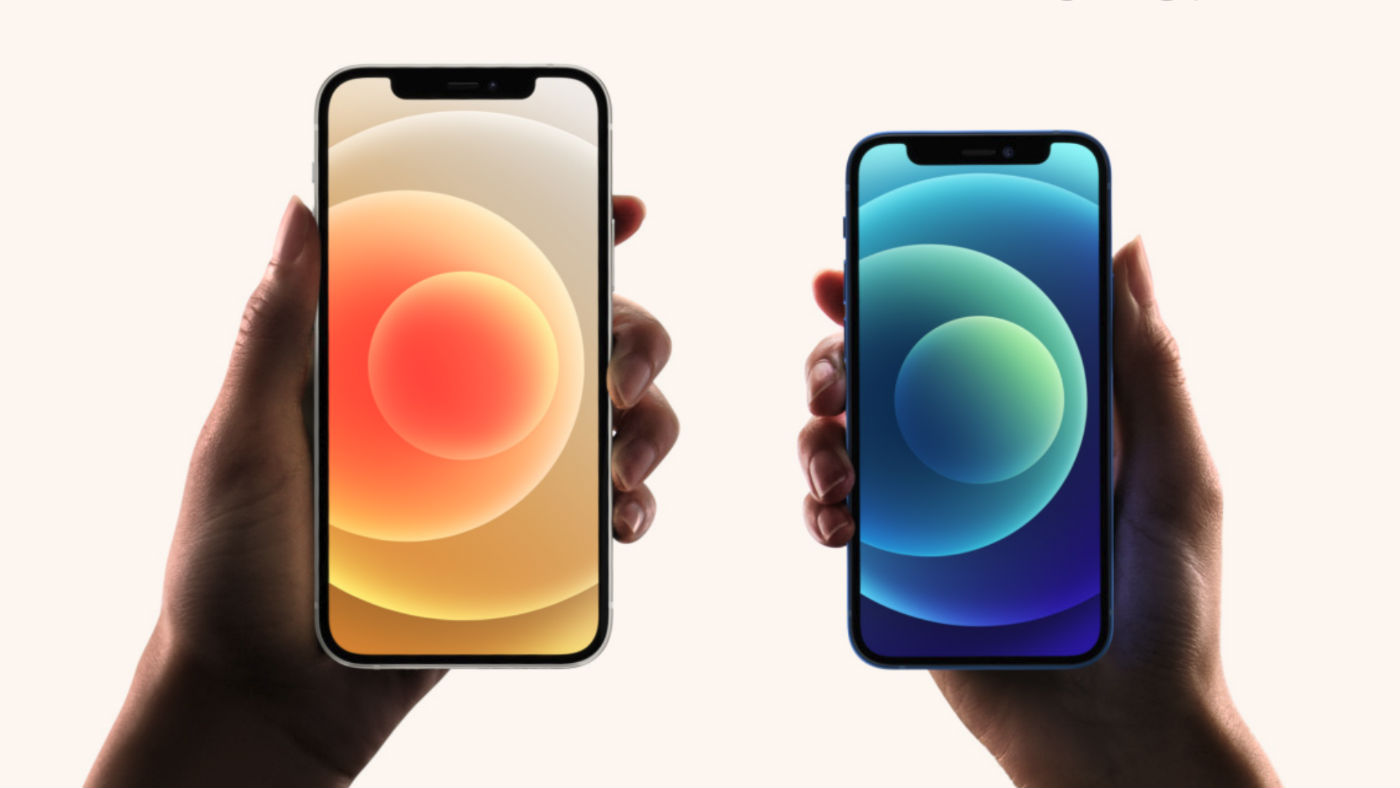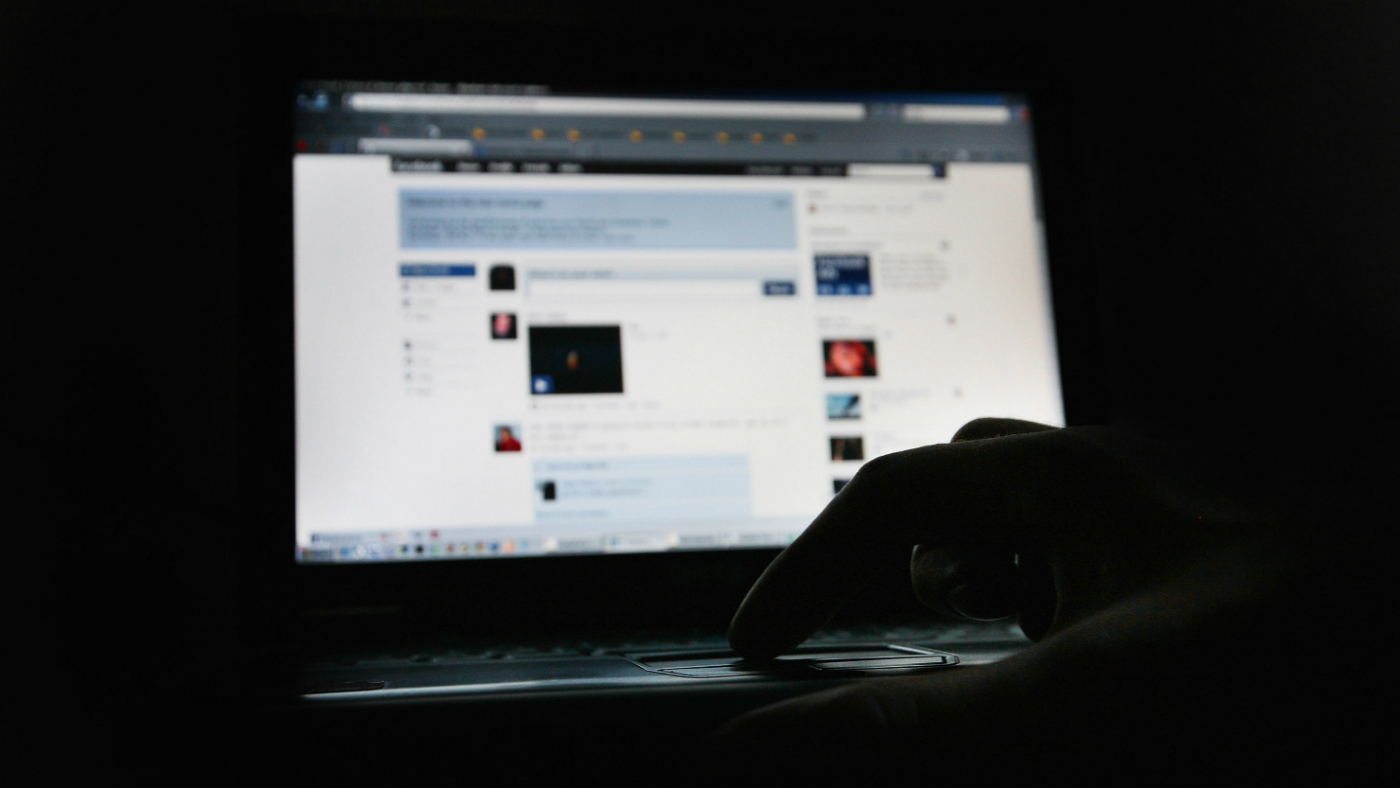The Pi-Top: a laptop you can 3D-print at home
Developed in the UK, the Pi-Top is a world first: a laptop computer, much of which can be made at home

A free daily email with the biggest news stories of the day – and the best features from TheWeek.com
You are now subscribed
Your newsletter sign-up was successful
The world's first laptop computer which can be built using a 3D printer has gone on sale. Dubbed the Pi-Top, it is the latest in a series of unusual products that can be 3D printed, including synthetic human skin for grafts and a handgun.
The Pi-Top won't officially be launched until next May, but the home-made laptop has already tallied up £76,000-worth of pre-orders. That may be because it costs half the price of its conventionally-manufactured rivals, the Daily Telegraph suggests.
Customers will need to own or have access to a 3D printer, but these can cost as little as £215. The Pi-Top kit costs £180 and includes a template to tell the printer how to build the laptop from paper-thin sheets of plastic.
The Week
Escape your echo chamber. Get the facts behind the news, plus analysis from multiple perspectives.

Sign up for The Week's Free Newsletters
From our morning news briefing to a weekly Good News Newsletter, get the best of The Week delivered directly to your inbox.
From our morning news briefing to a weekly Good News Newsletter, get the best of The Week delivered directly to your inbox.
Only the plastic parts of the laptop can be printed – included in the pack is a screen and Raspberry Pi circuitry. The printer creates the rest.
The project was designed in the UK by two graduates in their twenties, Ryan Dunwoody and Jesse Lozano. They used crowd-funding site Indiegogo to raise the money to put the project into action.
While the Pi-Top is a fully functioning laptop, the pair came up with it as a tool to teach people about how computing works. By putting the device together – it can be done in "an evening", they say – users learn the basics of hardware design.
It is a "product designed to teach you how to make other products", says Lozano.
A free daily email with the biggest news stories of the day – and the best features from TheWeek.com
Dunwoody explains: "Instead of just using the laptop as a device that you type into, with this one you can understand how the screen actually works, how the battery gets charged and how it switches between the battery and mains power supplies."
He added: "If something breaks, you can instantly fix it. A lot of parents are buying it for their kids because they see it as a really good way for them to start understanding the technology behind the devices they are using every day."
-
 Antonia Romeo and Whitehall’s women problem
Antonia Romeo and Whitehall’s women problemThe Explainer Before her appointment as cabinet secretary, commentators said hostile briefings and vetting concerns were evidence of ‘sexist, misogynistic culture’ in No. 10
-
 Local elections 2026: where are they and who is expected to win?
Local elections 2026: where are they and who is expected to win?The Explainer Labour is braced for heavy losses and U-turn on postponing some council elections hasn’t helped the party’s prospects
-
 6 of the world’s most accessible destinations
6 of the world’s most accessible destinationsThe Week Recommends Experience all of Berlin, Singapore and Sydney
-
 How cybercriminals are hacking into the heart of the US economy
How cybercriminals are hacking into the heart of the US economySpeed Read Ransomware attacks have become a global epidemic, with more than $18.6bn paid in ransoms in 2020
-
 Language-learning apps speak the right lingo for UK subscribers
Language-learning apps speak the right lingo for UK subscribersSpeed Read Locked-down Brits turn to online lessons as a new hobby and way to upskill
-
 Brexit-hobbled Britain ‘still tech powerhouse of Europe’
Brexit-hobbled Britain ‘still tech powerhouse of Europe’Speed Read New research shows that UK start-ups have won more funding than France and Germany combined over past year
-
 Playing Cupid during Covid: Tinder reveals Britain’s top chat-up lines of the year
Playing Cupid during Covid: Tinder reveals Britain’s top chat-up lines of the yearSpeed Read Prince Harry, Meghan Markle and Dominic Cummings among most talked-about celebs on the dating app
-
 Brits sending one less email a day would cut carbon emissions by 16,000 tonnes
Brits sending one less email a day would cut carbon emissions by 16,000 tonnesSpeed Read UK research suggests unnecessary online chatter increases climate change
-
 Reach for the Moon: Nokia and Nasa to build 4G lunar network
Reach for the Moon: Nokia and Nasa to build 4G lunar networkSpeed Read Deal is part of the US space agency’s plan to establish human settlements on the lunar surface
-
 iPhone 12 launch: what we learned from the Apple ‘Hi, Speed’ event
iPhone 12 launch: what we learned from the Apple ‘Hi, Speed’ eventSpeed Read Tech giant unveils new 5G smartphone line-up
-
 Russian agency behind US election meddling ‘created fake left-wing news site’
Russian agency behind US election meddling ‘created fake left-wing news site’Speed Read Facebook says real reporters were hired by fake editors to write about US corruption